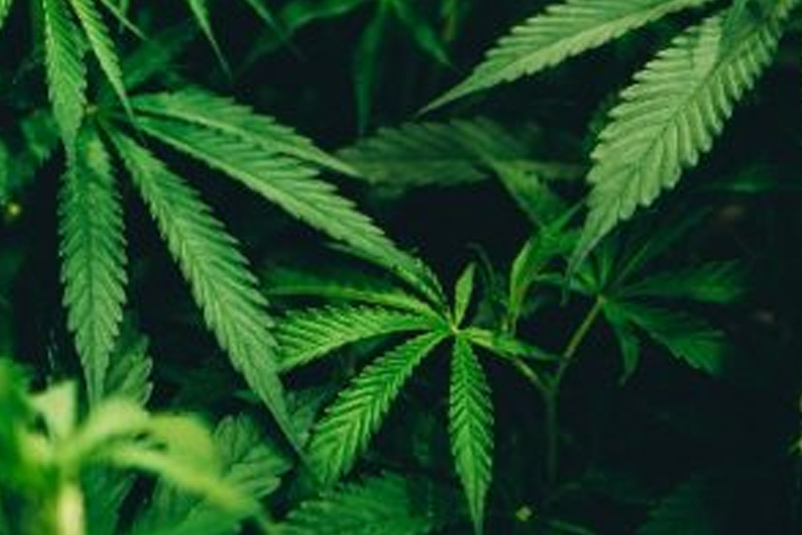Breaking Myths: Debunking Common Misconceptions about Cannabis

This manual began by addressing the myth that the first time someone uses they don’t usually experience the negative things that they have been told as a youth. This many times leads one to doubt the harmful effects and continue to use the drug. The most popular myth to explore is whether marijuana is addictive. For years it was believed that marijuana could not be addictive and many people today still hold that belief to be true. Current research supports that marijuana is both physically addictive and psychologically addictive. Marijuana meets the criteria established by the American Psychiatric Association, and the Diagnostic and Statistical Manual of Mental Disorders (DSM-IV) for substance dependence. A person needs three of the following criteria occurring at any time in the same 12-month period to meet the diagnosis of dependency.
1) Tolerance: needing more of the substance to achieve the same effects, or diminished effect with the same amount of the substance. Individuals with heavy use of cannabis are generally not aware of having developed tolerance.
2) Withdrawal symptoms: with marijuana use this can be experienced as irritability, restlessness, loss of appetite, trouble with sleeping, weight loss, shaky hands and loss of motivation. Some people have displayed increased verbal and physical aggression after one week of not using marijuana.
3) Continuation of use despite the presence of adverse effects: a person continues to use even after they have hurt someone or themselves, have experienced suicidal ideation, relationship problems, etc. related to use.
4) Giving up social, occupational, or recreational activities because of the use of marijuana. Due to the progressive nature of these symptoms, the user does not recognize these changes despite comments and concerns of others. As the use of marijuana increases a person slowly changes their social group and activities with peers who use about the same if not more. This tends to normalize use for the person despite the increase in need.
5) The individual may withdraw from family activities and hobbies in order to use the substance in private or to spend more time with substance-using friends. Despite recognizing the role of the substance contributing to a psychological or physical problem the person continues use.
6) Marijuana is taken in larger amounts or over a longer period of time than intended.
7) There is a persistent desire or unsuccessful efforts to cut down or control substance use.
